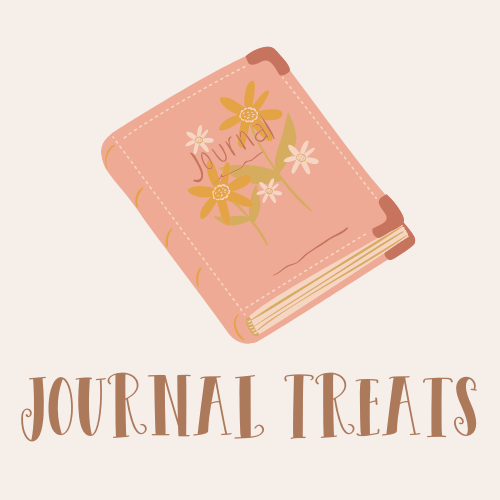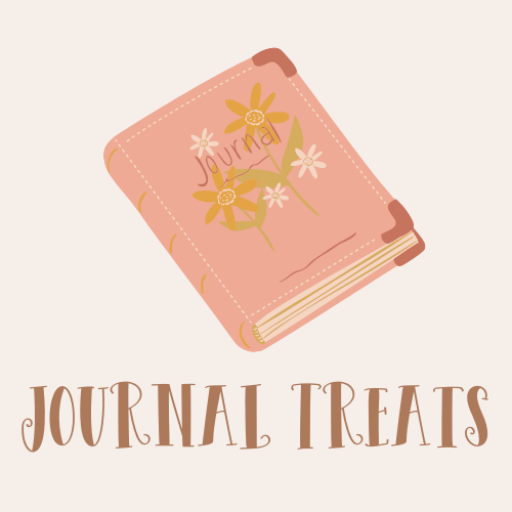
Discover the Benefits of Daily Journaling for Productivity

Productivity often feels elusive, especially in a fast-paced world where distractions are abundant. While many tools and apps promise to increase efficiency, journaling stands out as an underrated, yet powerful practice that can help you stay on track. By writing things down daily, you create a roadmap to manage tasks, clear your mind, and improve your focus. With the right approach, journaling can unlock your full potential.
Setting the Stage for Productivity with Journaling

Adopting a regular journaling habit is a great way to start each day with intention. The act of writing helps you set goals, prioritize tasks, and clarify your thoughts. When you write daily, it becomes easier to stay organized and more focused on what truly matters.
Clarifying Your Daily Goals
One of the most impactful things journaling can do is help you establish clear, actionable goals. Writing down your goals transforms them from vague ideas into concrete plans. This simple action forces you to break larger objectives into manageable steps. As you track your progress, you’ll naturally develop a better sense of time management and increase your productivity.
Tracking Progress for Motivation
Daily journaling allows you to monitor your progress in real-time. Whether it’s work-related tasks or personal development, seeing consistent achievements on paper motivates you to keep pushing forward.
Using Reflection to Improve Efficiency
Reflecting on your day helps you identify what’s working and what needs adjustment. Through this process, you can analyze your productivity patterns, such as when you work best or which activities drain your energy. Over time, journaling becomes a tool to optimize your workflow by aligning tasks with your natural rhythms.
Building Consistency into Your Routine

Starting a journaling habit doesn’t have to be difficult. You can begin by dedicating just five minutes every morning or evening to writing. Over time, you’ll find it easier to expand this routine. Consistency is key, and even short bursts of writing can have a big impact on your productivity.
Choosing the Right Journaling Method
There are various methods of journaling, and each has its strengths. Some people thrive with structured prompts, while others prefer free-form writing. Whether you opt for bullet journaling, goal tracking, or daily reflection, the key is to find a system that suits your needs and stick with it.
Bullet Journaling for Task Management
Bullet journaling is popular for good reason, as it’s simple yet effective. By breaking tasks down into quick, easily digestible bullets, you can prioritize what needs immediate attention. It also allows you to quickly move tasks to another day if necessary, giving you flexibility without losing focus.
Using Gratitude Journaling to Reduce Stress
Adding gratitude journaling to your routine offers another layer of productivity. When you start your day by acknowledging things you’re thankful for, it creates a positive mindset that can fuel your motivation. Gratitude also counteracts stress, making it easier to stay calm under pressure and focus on getting things done.
Morning Pages for Creativity and Focus

Morning Pages, a technique popularized by Julia Cameron in The Artist’s Way, involves writing three longhand pages each morning. This stream-of-consciousness writing helps clear mental clutter, opening up creative pathways and improving your ability to focus on the tasks ahead.
End-of-Day Reflection for Continuous Improvement
Reflecting at the end of each day is another highly effective technique. By reviewing what you accomplished, you can assess where you succeeded and where you might need to adjust your approach. It’s also a moment to set intentions for the following day, ensuring a smooth transition into tomorrow’s tasks.
Tackling Overwhelm with Brain Dumps
Brain dumps are a helpful journaling technique when you’re feeling overwhelmed. By writing down everything on your mind, whether it’s work-related or personal, you can visually sort through your thoughts and prioritize what needs to be addressed. This practice helps reduce mental clutter and improves your focus.
Creating a Personalized Journaling Routine
There is no one-size-fits-all approach to journaling, so it’s essential to personalize your routine. Whether you prefer writing in the morning, during a lunch break, or just before bed, the goal is to find a time that works for you and stick with it. Over time, this routine will become an integral part of your productivity strategy.
Using Prompts for Focus and Clarity
If you’re new to journaling or need more structure, prompts can be incredibly useful. They encourage you to reflect on key areas of your life and work, such as your goals, priorities, and challenges. Prompts like “What do I want to accomplish today?” or “What obstacles did I face?” can guide your writing and provide clarity.
Maximizing Results with Digital Journals

In today’s tech-driven world, digital journaling tools are becoming increasingly popular. Apps like Evernote or Notion allow you to sync notes across devices, making it easier to keep your journal accessible wherever you go. These platforms also offer templates and organizational features that help streamline your entries.
Avoiding Burnout by Journaling for Balance
Productivity isn’t just about getting more done, it’s also about maintaining balance. Journaling can help you monitor your well-being, ensuring you aren’t pushing yourself too hard. Use it to track your energy levels, stress triggers, and self-care habits. Over time, these insights will help you find a sustainable pace that works for you.
Incorporating Visualization into Your Journal
Visualization is a powerful tool for achieving goals. By writing down vivid descriptions of where you see yourself in the future, you create a mental image that propels you forward. Use your journal to visualize success, and revisit these entries regularly to keep your vision top of mind.
Celebrating Wins, Big and Small
Acknowledge your accomplishments, no matter how small. Use your journal to celebrate victories, whether it’s completing a challenging project or simply sticking to your routine for the day. These moments of celebration keep your motivation high and remind you of the progress you’re making.
Making Journaling a Lasting Habit
By integrating journaling into your daily routine, you can enhance productivity, reduce stress, and stay focused on what truly matters. Use these methods to build a personalized approach that aligns with your goals and needs. With time, journaling will become a natural and rewarding part of your day, empowering you to achieve more and feel more grounded in your work and life.
Share this post :


11 Methods of Combining Cleaning With Journaling for Everyday Peace

How Tidying and Writing Improve Mental Health

11 Ways to Use Cleaning and Journaling as Life Tools
Subscribe our newsletter
Stay Updated with the Latest Reviews – Subscribe to Our Newsletter!
Affiliate Disclosure
As an Amazon Associate, Journaltreats.com earns from qualifying purchases.
Our website also contains other affiliate links, but our editorial content is not influenced by advertisers or affiliate partnerships. See our full disclosure.
AI Disclosure: Some elements may have been created with the assistance of AI tools.
Copyright Notice
All of the content on this website, including images, text, audio, and video, is Copyright © 2024 Journal Treats and may not be stolen, reproduced, downloaded, republished, or otherwise used without the explicit written permission of the owner of Journaltreats.com.
Except where prior permission is granted, Journal Treats reserves all rights.


